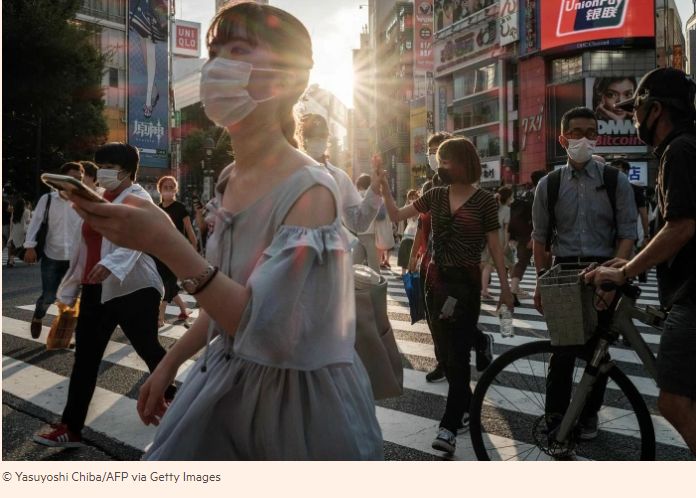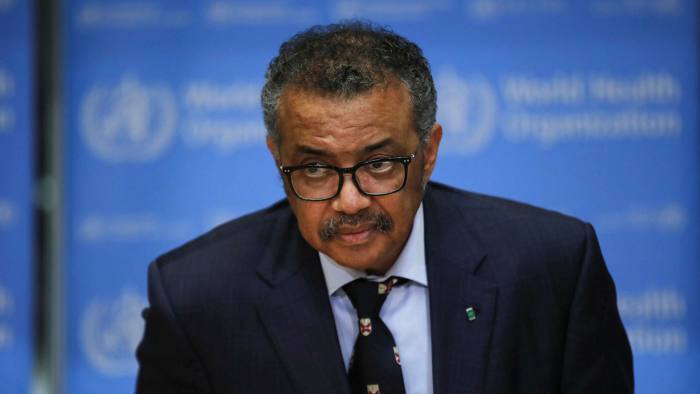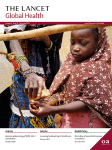Financial Times
Andrew Jack
November 29, 2021
Governments will gather in Geneva this week to decide whether to enter into a legally binding agreement on greater funding and improved global access to medicines and vaccines to better tackle future pandemics.
Over three days, they will consider whether to start drafting a legal convention on responding to health emergencies, for only the second time since the approval of World Health Organisation’s constitution 75 years ago.
They will discuss calls for
- substantial increases in domestic and international funding to improve health and surveillance systems,
- changes to governance,
- new approaches to the sharing of information about disease, and
- more equitable distribution of response tools.
Spurred by the economic and human disruption caused by coronavirus over the past two years, 32 health ministers used an article in the BMJ last week to call for “a system that will ensure a rapid, joint, effective, and equitable global response to future health crises that reaches every corner of the world.”
However, there remains disagreement between countries, companies and civil society groups on what kind of legal instrument should be developed, what it should impose, and how far it would accelerate — or risk disrupting — efforts to limit the impact of infectious diseases.
A “ zero draft “ of the resolution highlights the limitations of the current legal tool: international health regulations most recently updated after SARS in 2005.
It cites issues that have become central to pandemics discussions:
- ways of preventing diseases being transmitted between animals, plants and humans;
- equitable access to healthcare;
- funding; and
- strong universally accessible health systems.
Pharmaceutical groups point to unprecedented co-operation in recent months that led to the rapid development of vaccines and therapeutics, while highlighting bottlenecks in government procurement systems and regulation.
They back the aspiration of delivering safe and effective products within 100 days of identifying a new pandemic.
But their critics question the broader current system of pharma intellectual property rights. They also point out that the procurement systems of richer countries’ governments dominated the distribution of vaccines to their citizens at the expense of poorer nations — and at the cost of the further spread and mutation of coronavirus.
There are also disagreements over the future role of the WHO and governments.
In an assessment of pandemic responses, the pan-European Commission on Health & Sustainable Development has called for a new governance body to scrutinise health systems — styled on the Financial Stability Board introduced after the 2008 financial crisis.

Tedros Adhanom Ghebreyesus, the WHO’s director-general, said last week:
“The ongoing chaos of this pandemic only underlines why the world needs an ironclad global agreement to set the rules of the game for pandemic preparedness and response . . . The world has treaties to manage other threats; surely countries can agree on the need for a binding pact on the threat of pandemics.”
A key question remains, though, about the status of any new legal instrument.
At its most powerful, the WHO’s 1946 constitution permits the creation of a convention.
The single example to date, the Framework Convention on Tobacco Control, which was established to tackle the debilitating effects of smoking on conditions including cancer and cardiovascular disease, was adopted in 2003.
But some officials and policymakers involved in that process are wary of the distraction and delays of a similar effort today.
It took a decade from initial discussions in 1995 until its approval in 2003 and its enactment with legal force in 2005.
While there have been growing parallel measures around the world to curb tobacco advertising and limit smoking in offices, restaurants and public places, some academic analysis has suggested its influence remains limited, with no sign of a reduction in global tobacco consumption.
Steven Solomon, principal legal officer at the WHO, is more optimistic about a new instrument.
“There is some urgency to seize the moment for WHO and the world,” he says.
“It’s conceivable with political will, something could be concluded relatively quickly with the details to be worked out.”
He points out that, short of a full treaty requiring ratification, delegates this week could opt instead for a new regulation, similar to the Paris accords on climate, which does not require ratification by each country.
Prof Martin McKee at the London School of Hygiene and Tropical Medicine says:
“We need a mechanism to create strong incentives to invest in preparedness — or disincentives not to. I wonder whether some of these mechanisms outside treaties may be better, like a global health and finance board. If there are other ways of doing things, we should go for them. Ultimately, we need to focus on the art of the possible.”
Originally published at https://www.ft.com on November 29, 2021.












